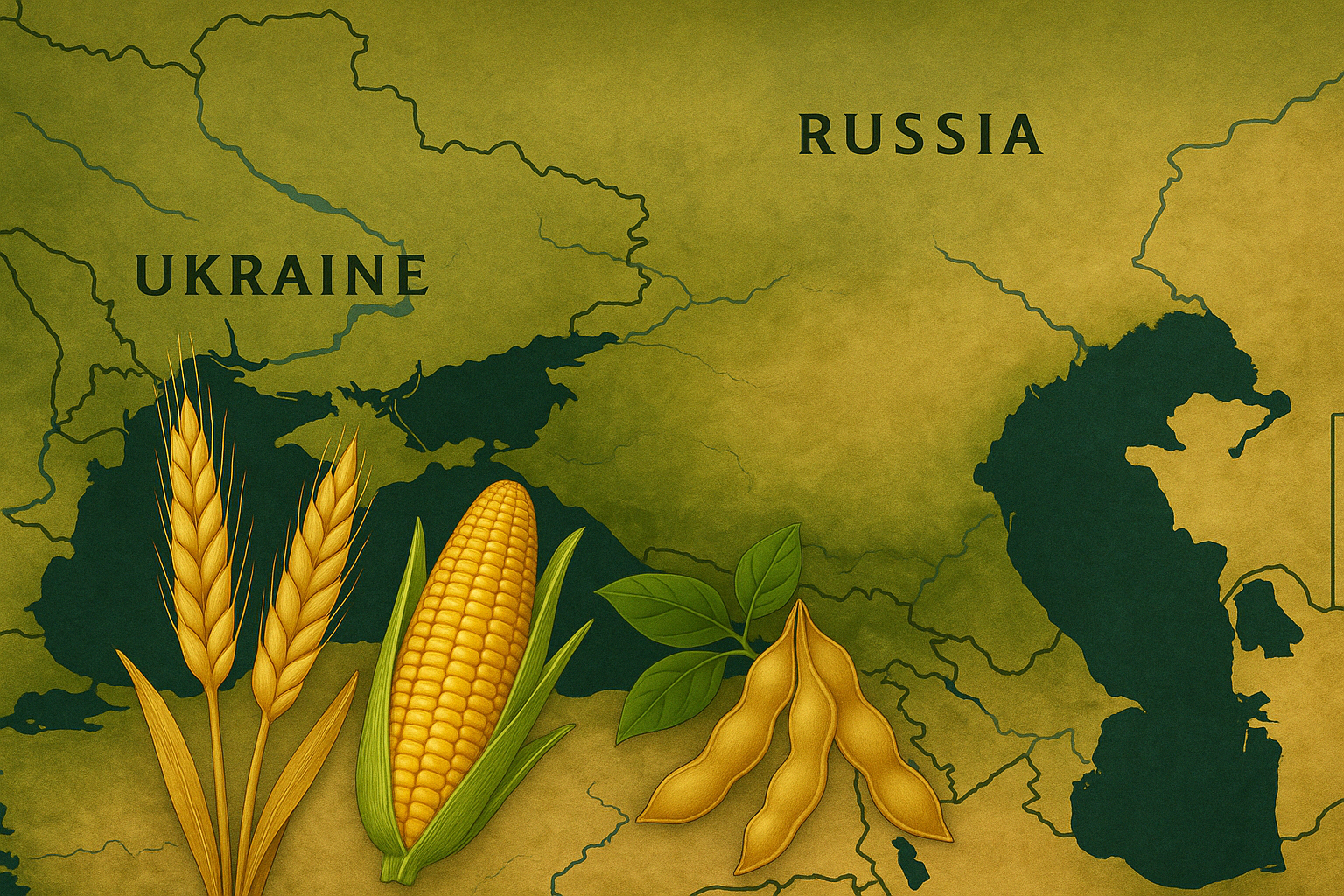Bulgaria is reporting an exceptionally successful wheat harvest this year, with production reaching around 7.1 million tons of high-quality grain. Favorable weather conditions have led to excellent yields, but farmers are complaining about low purchase prices due to oversupply. According to traders, another key weakness is infrastructure – the ports of Varna and Burgas are less developed and come with higher costs compared to Constanța, which reduces the competitiveness of Bulgarian grain on the international market.
For sunflower, the outlook is mixed. On one hand, official forecasts point to a possible record harvest of around 2 million tons, thanks to expanded acreage and favorable weather conditions. On the other hand, individual farmers are warning of catastrophic losses due to drought and extreme heat, which have resulted in weak and low-quality seeds. This discrepancy between official forecasts and farmer reports is creating uncertainty in the market and has already led to an increase in sunflower oil prices on the domestic market.
In Ukraine, drought continues to put strong pressure on late crop yields and is delaying the sowing of winter rapeseed. In the southern and eastern regions, the lack of rainfall is reducing the potential of corn and sunflower, and forecasts do not anticipate rain in the next ten days. A similar situation is unfolding in the southwestern regions of Russia, where dry and hot weather threatens corn and sunflower, although central and eastern areas are reporting better conditions for late crops.
At the regional level, competition is also intensifying. Ukrainian traders such as Region Grain Company AG are beginning to seek alternatives in Romania and Moldova due to limited availability in their own country. This highlights both the shortage of Ukrainian grain and the growing role of neighboring countries in international trade.

